
Since Microsoft's $10 billion investment in OpenAI in January 2023, other Big Tech giants have been racing to partner with leading AI startups through funding and cloud computing deals.
In 2023, Salesforce led a funding round for Hugging Face, which valued it at $4.5 billion. Alphabet and Amazon have invested billions in OpenAI rival Anthropic. Meanwhile, Nvidia has backed most of the notable AI startups.
In early December 2023, in a press release, Nvidia representatives said that they had signed up to “more than 20 AI investment projects” in 2023. The company said: “These partnerships stimulate joint innovation, enhance the value of Nvidia platforms and expand the ecosystem.”
In addition to OpenAI, Microsoft has invested in Inflection AI and Adept, among other multibillion-dollar AI startups. In November 2023, Microsoft's dominance of OpenAI was made clear when CEO Sam Altman was fired within days.
Microsoft CEO Satya Nadella played a key role, along with other investors, in forcing the board to reverse its decision.
Microsoft even 'threatened' OpenAI's board of directors about hiring Sam Altman and his colleagues to form a new Microsoft AI division.
For AI companies, partnerships with Big Tech are a lifeline. Building the large language models that power AI chatbots like ChatGPT is extremely expensive and requires a lot of computing power. Big Tech has the infrastructure and capital to support these plans.
Conversely, for Big Tech, these deals could serve as a means to cement their dominance over a competitive and rapidly growing market following the resounding success of ChatGPT.
At the same time, partnerships with AI startups could help Big Tech drive demand for their products, whether it’s chips sold by Nvidia or cloud computing services from Microsoft, Google and Amazon.
As a result, many of today’s most promising AI startups are heavily dependent on Big Tech for financing and technical infrastructure, and that is starting to attract the attention of regulators.
Microsoft's partnership with OpenAI is facing scrutiny from competition regulators in the UK and the US. In the US, the Federal Trade Commission has been tasked by the government with promoting 'a fair, open and competitive AI ecosystem'.
The US regulator previously sought public comments on the assurances of competition in major cloud computing contracts.
What regulators fear is that the narrative of strategic investment in AI startups could turn into a Big Tech AI monopoly.
In response to regulatory concerns, Microsoft stressed that it does not own a traditional stake in OpenAI. “Importantly, Microsoft does not own any shares of OpenAI and is only entitled to a portion of the profits,” a company representative said.
While Microsoft, Amazon and Alphabet are actively collaborating with AI startups, the other two Big Techs Apple and Meta are looking to roll out their own plans to avoid regulatory concerns about domination of the AI field.
Apple has built its own large language model called Ajax and deployed an internal chatbot called 'Apple GPT'. Meanwhile, Meta develops an open-source large language model and has signed partnerships with other Big Techs, including Microsoft and Amazon.
(according to Bloomberg)
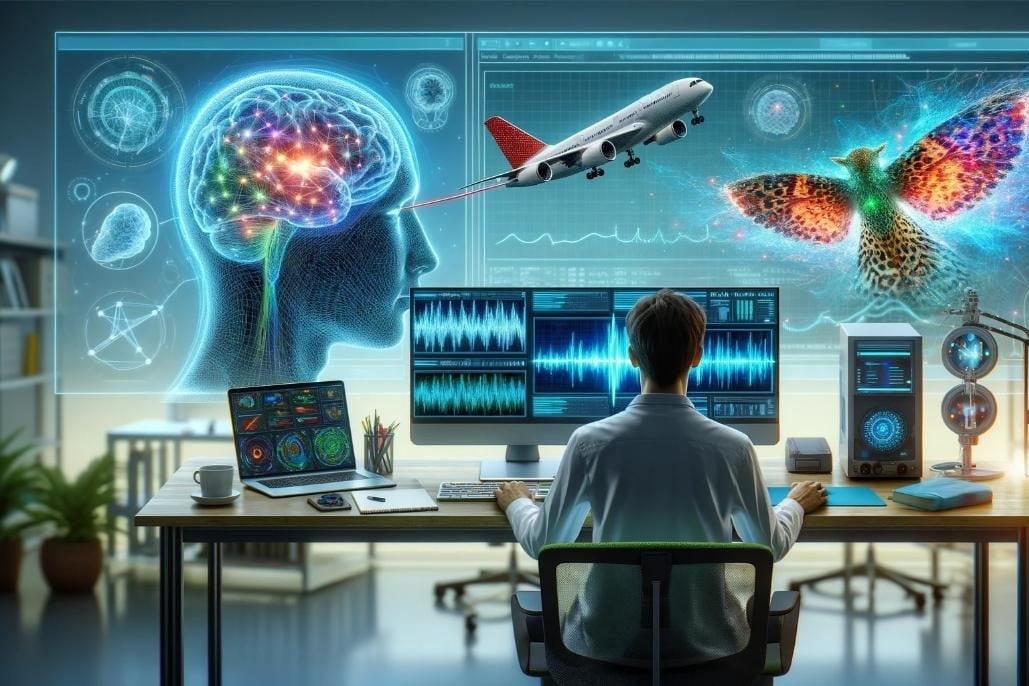
AI successfully turns human thoughts into realistic images for the first time
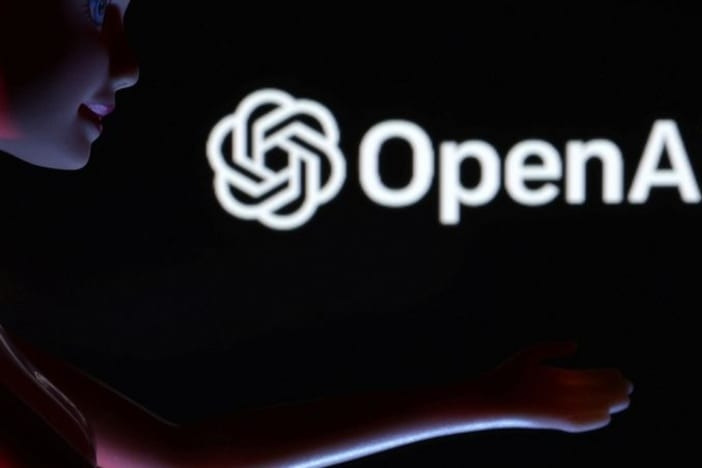
OpenAI Outlines a New Safety Path in AI Development
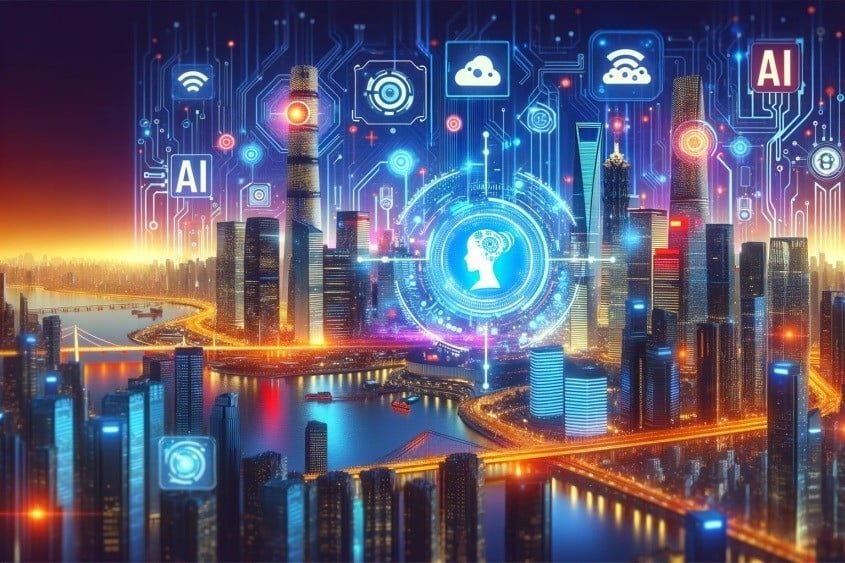
AI will contribute $4.2 trillion to China's economy by 2035
Source










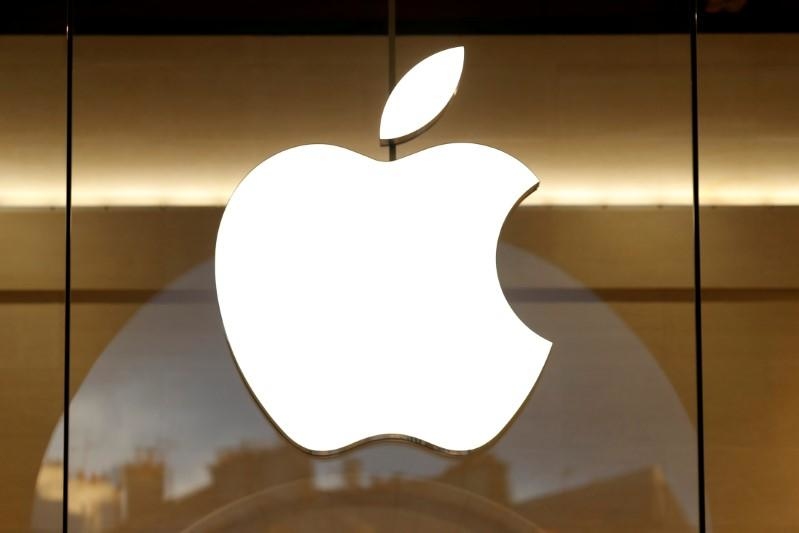



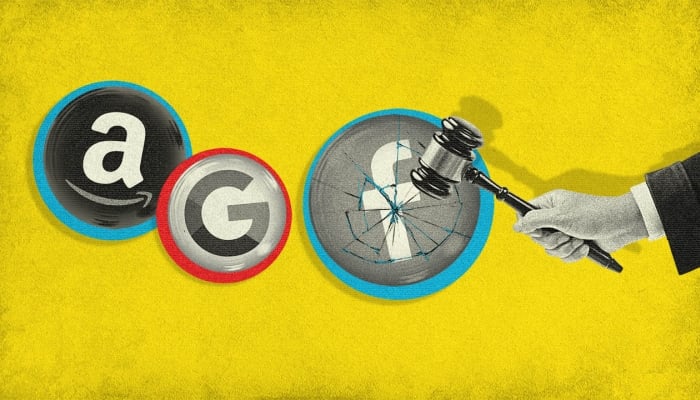
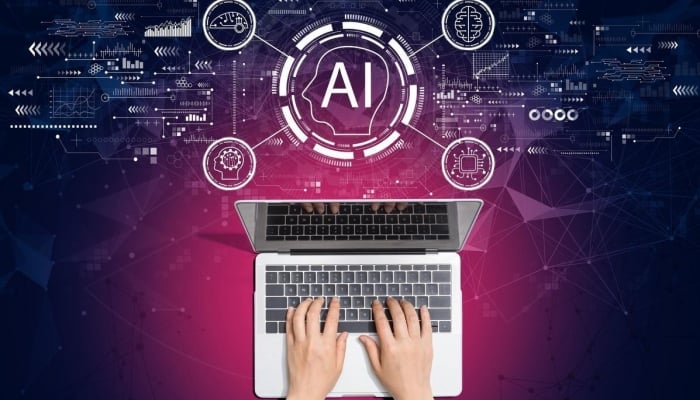


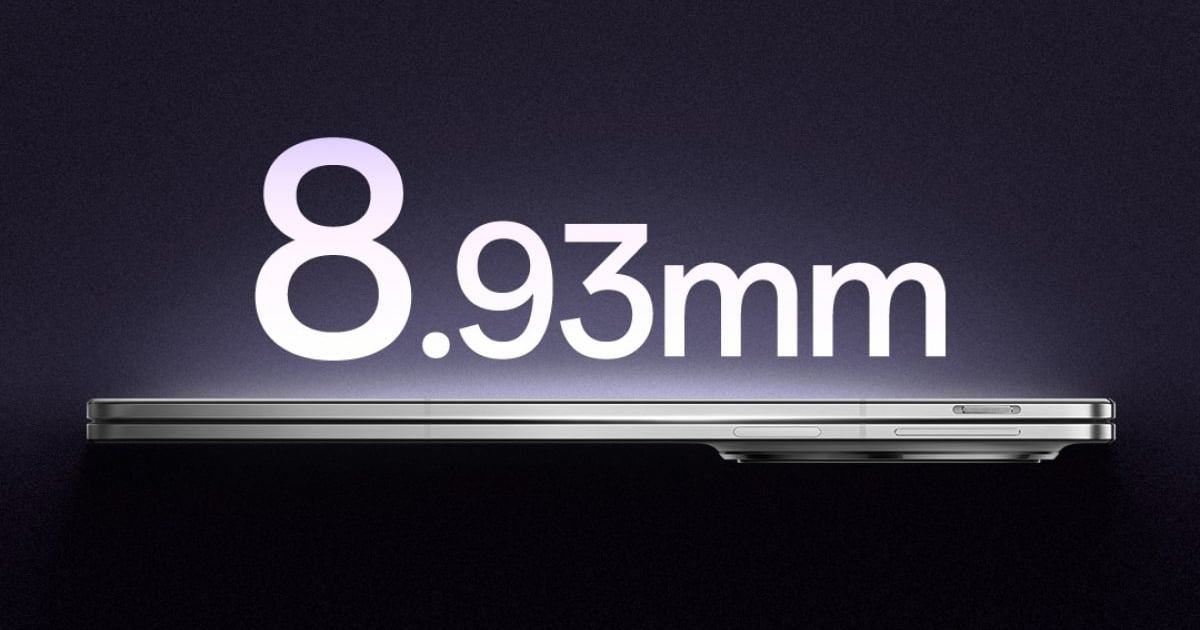



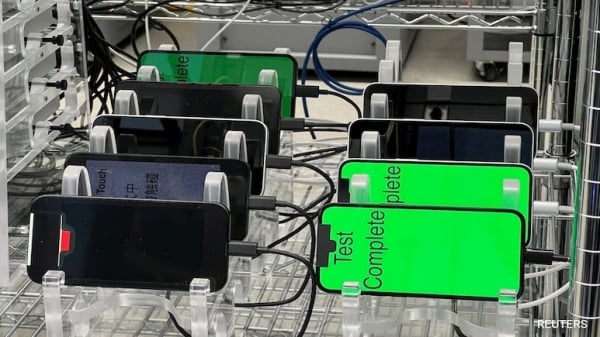


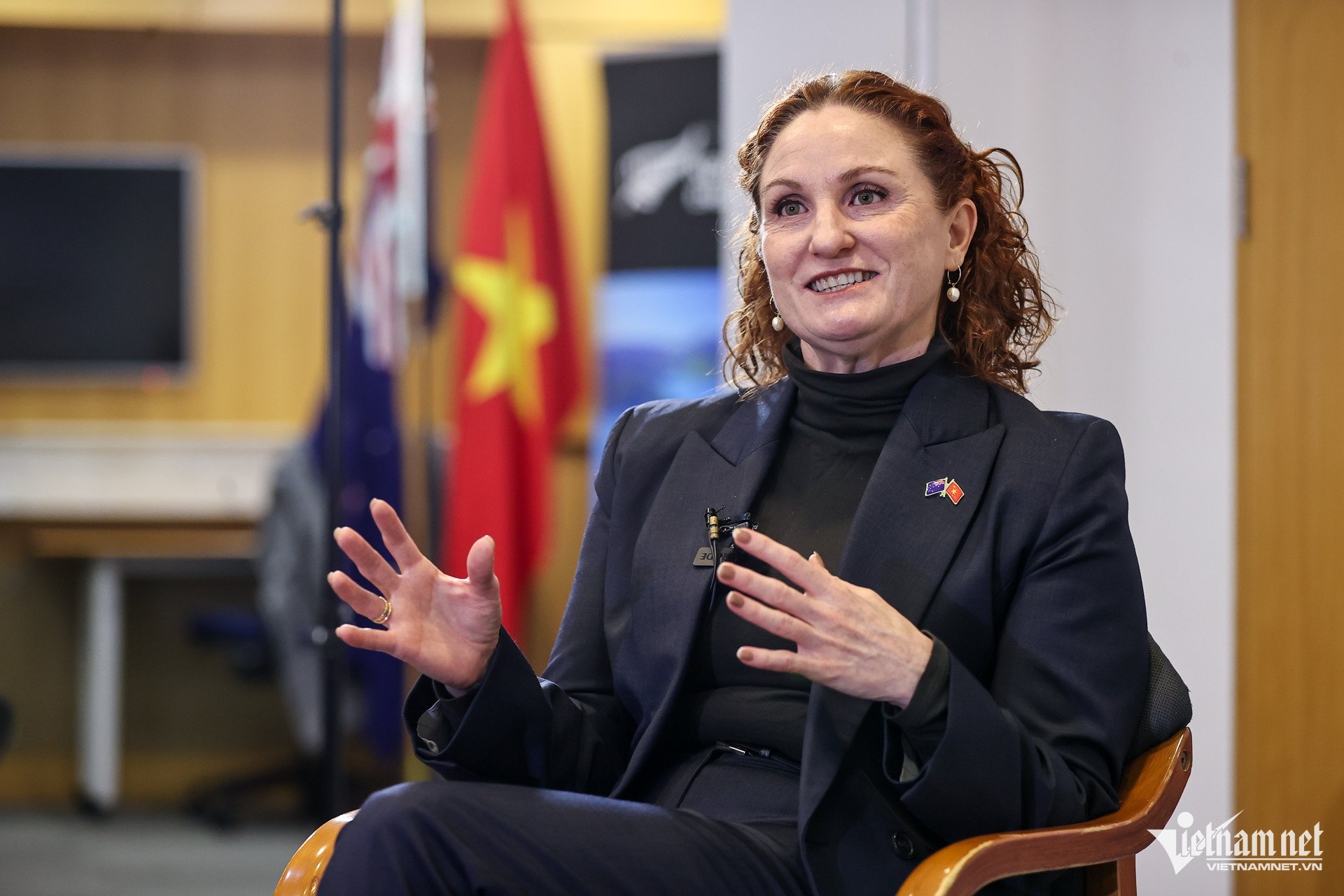
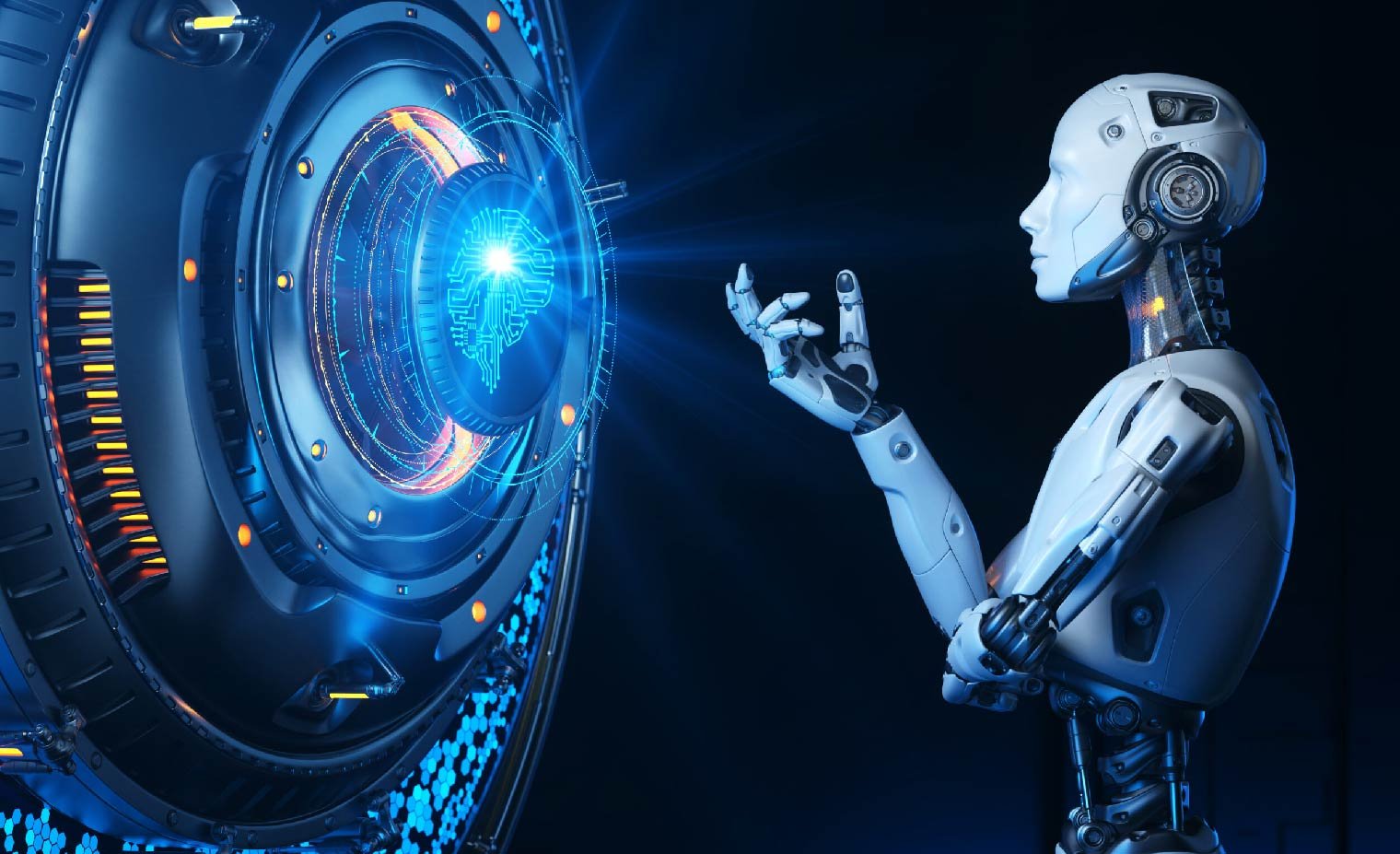










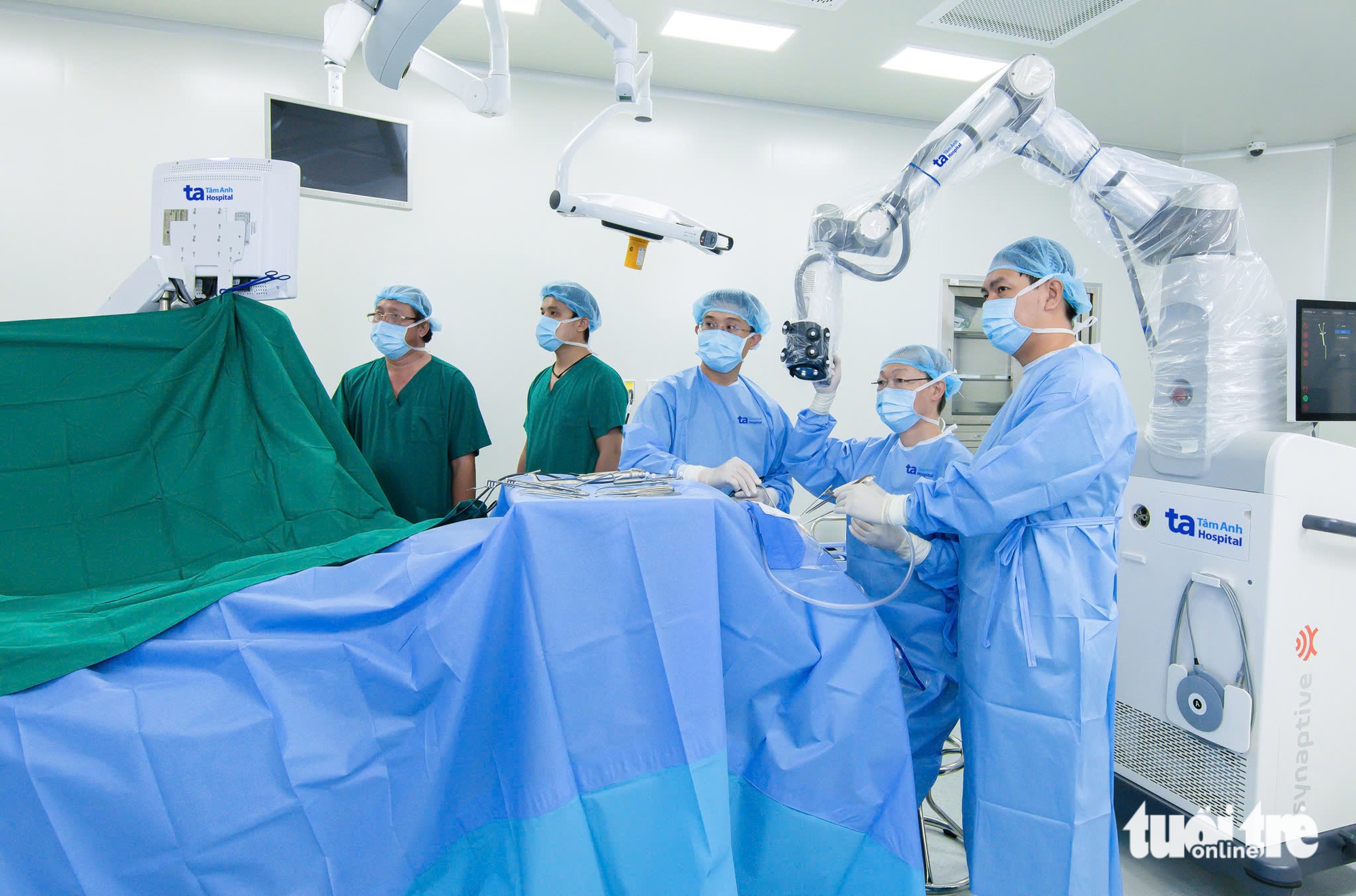

Comment (0)